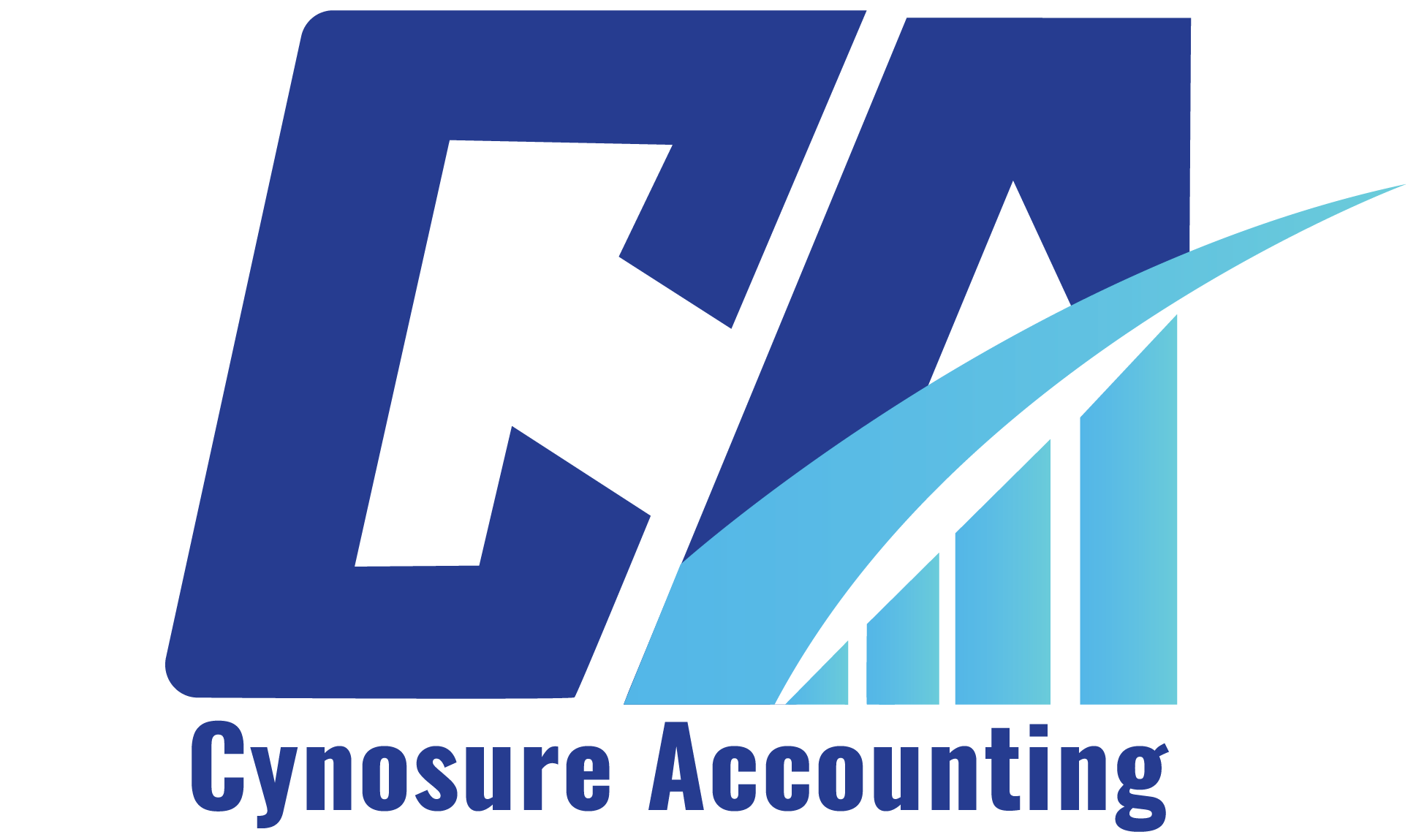Payroll errors can be costly, leading to legal penalties, financial losses, and compliance risks and penalties that affect businesses of all sizes. Ensuring accurate payroll administration is critical to avoiding fines, preventing tax issues, and maintaining a smooth operation. This article explores common payroll mistakes, compliance risks & penalties, and best practices for staying compliant with tax laws and wage regulations across multiple states.
Understanding Payroll Compliance Risks and Penalties
Managing payroll across multiple states is a complex responsibility that requires strict adherence to tax laws, wage regulations, and employment policies. Failing to comply with payroll regulations can lead to significant financial penalties, legal issues, and reputational damage. Understanding compliance risks and penalties in multi-state payroll is crucial for businesses of all sizes.
The Importance of Payroll Accuracy
Ensuring payroll accuracy is not just about paying employees on time; it’s about complying with federal, state, and local tax laws. Payroll mistakes can result in fines, tax audits, and legal disputes. Some of the most common payroll errors include:
- Incorrect tax withholdings
- Misclassification of employees as contractors
- Failure to meet state income tax requirements
- Overtime miscalculations
- Poor recordkeeping
Key Payroll Compliance Risks and Penalties
Payroll compliance errors can lead to significant fines, legal actions, and reputational damage. Misclassification of workers, tax withholding mistakes, and wage violations are among the most common risks. Understanding these compliance risks and penalties helps businesses avoid costly penalties and maintain compliance with federal and state regulations.
Misclassification of Workers
One of the biggest compliance risks & penalties is the misclassification of employees as independent contractors. The Fair Labor Standards Act (FLSA) sets strict guidelines for employee classification. Incorrect classification can lead to:
- Back wages owed for overtime
- Unpaid unemployment insurance
- Penalties for failing to withhold and remit payroll taxes
Errors in Withholding and Income Tax Payments
Each state has its own tax laws regarding payroll administration. Employers must:
- Withhold the correct amount of income tax from employee wages
- Submit withholding taxes to the correct jurisdictions
- Issue W-2 forms accurately and on time Failure to comply with these requirements can result in IRS audits, state-imposed fines, and compliance risks and penalties.
Overtime and Minimum Wage Violations
Businesses must comply with both federal and state minimum wage laws. Some states have higher wage requirements than the federal standard. Employers who fail to meet these standards risk:
- Back pay claims
- Lawsuits from employees
- Government-imposed penalties
Unemployment Insurance Compliance Issues
Employers are required to pay unemployment insurance taxes at both state and federal levels. Errors in unemployment tax filings can lead to:
- Increased tax rates
- Fines for underpayment
- State audits that could uncover other payroll issues
Best Practices to Avoid Payroll Mistakes
Invest in Payroll Administration Tools
Using payroll software can help automate tax calculations, wage tracking, and compliance checks. Many businesses partner with a professional employer organization (PEO) to manage payroll more efficiently and reduce compliance risks and penalties.
Stay Informed About Tax Laws
Tax laws frequently change, especially in jurisdictions with complex regulations. Businesses should regularly review updates from:
- The IRS
- State tax agencies
- Workforce and labor boards
Conduct Regular Payroll Audits
Payroll audits help identify mistakes before they become costly. Audits should include:
- Reviewing tax withholdings
- Verifying employee classification
- Checking payroll records for accuracy
Maintain Accurate Recordkeeping
Good record keeping is essential for compliance. Businesses should retain payroll records for at least four years, including:
- Wage statements
- Tax forms
- Employee classification documents
Consequences of Non-Compliance
Financial Penalties
Payroll mistakes can lead to expensive penalties. For example:
- IRS fines for late tax payments
- State penalties for unreported wages
- Fees for incorrect unemployment insurance filings
Legal Risks
Non-compliance can result in:
- Employee lawsuits
- Government audits
- Litigation costs
Damage to Business Reputation
Payroll errors can impact employee trust and company credibility. Businesses that fail to pay wages correctly may face public scrutiny and negative reviews.
Avoiding compliance risks and penalties in multi-state payroll requires proactive management. Employers must ensure payroll accuracy, adhere to tax laws, and stay updated on wage regulations. By investing in payroll administration tools, conducting audits, and maintaining proper recordkeeping, businesses can minimize compliance risks & penalties while protecting their financial health.

